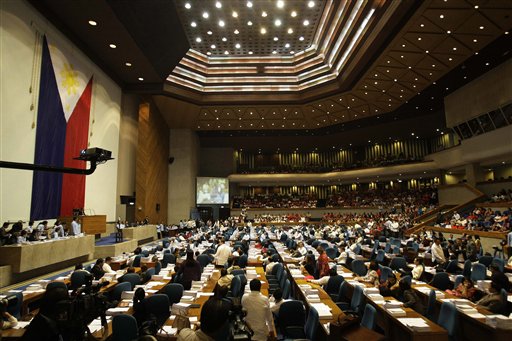The government stands to gain P174.2 billion in net revenues by 2018 once Congress gives its go-ahead to the first package of the Department of Finance’s (DOF) proposed tax reform and inclusion act.
In a statement Wednesday, Finance Undersecretary Karl Kendrick T. Chua said the plan to expand the value-added tax (VAT) base as well as jack up excise taxes slapped on petroleum products and vehicles would generate P301.6 billion in additional revenues.
Chua said higher fuel taxes would generate an additional P145.4 billion; removal of a number of VAT exemptions would yield P111.2 billion, while P45 billion would be raised from vehicle taxes.
However, as the government plans to lower personal income tax brackets and index them to inflation under the first package, foregone revenues would reach P127.4 billion in 2018, the first year of implementation of the tax reform plan.
In all, the first package of the DOF’s proposed tax policy reform program—a bill for which was submitted to Congress last September—would still generate a net revenue that would be invested in poverty-reduction projects, Chua said.
“Up to 40 percent of the incremental revenues collected from the first DOF-proposed tax reform package will be used for targeted transfers to low-income and vulnerable sectors,” Chua said.
“We recognize that the tax reform will affect a number of vulnerable people. We are very much committed to protecting the poor, vulnerable and low-income sectors. The poorer the household is, the more social protection subsidies it will get especially during the first year of the tax reform package one implementation,” he added.
Specifically, the targeted transfers would include “time-bound unconditional cash transfers for the bottom 50 percent of the population; ‘pantawid pasada’ programs for public utility vehicles to cushion the impact of fuel excises on commuters; higher socialized pensions or higher conditional cash transfer amounts, plus rice subsidies for indigent senior citizens, and higher Philhealth coverage and other benefits to help them defray the ever spiraling costs of healthcare for persons with disabilities,” according to Chua.
